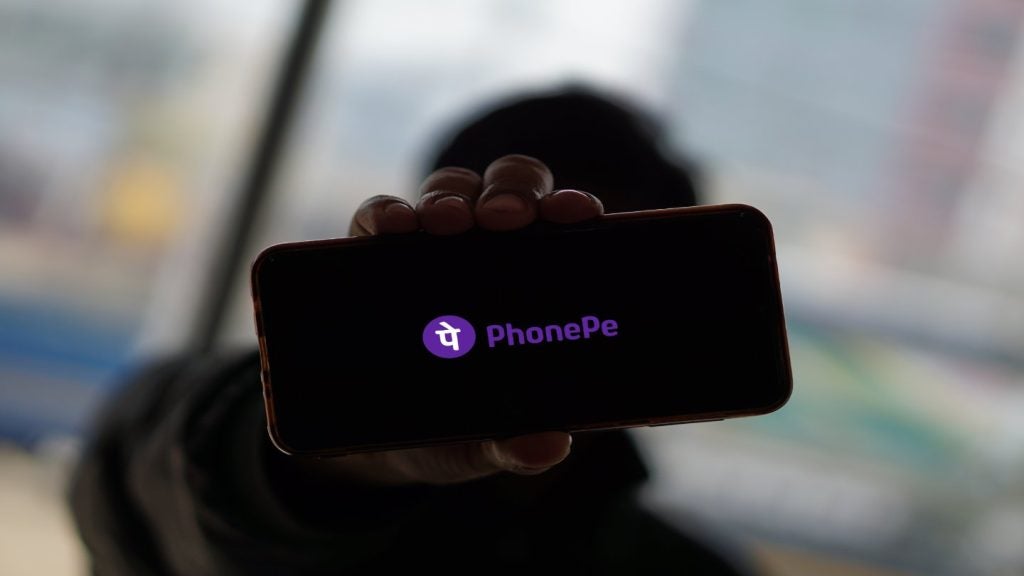Cash dominance in Japan is being challenged, yet it still accounts for 78.1% of the overall payment volume in 2017.
Yet with government initiatives to promote electronic transactions, the adoption of chip and PIN and contactless, and payment infrastructure being improved to accept foreign-issued cards, payment cards have gained ground recently.

Access deeper industry intelligence
Experience unmatched clarity with a single platform that combines unique data, AI, and human expertise.
The upcoming 2020 Olympic and Paralympic Games are expected to provide further impetus to the country’s cards and payments industry.
To supplement these global events, all of the country’s major banks are making their ATMs compatible with foreign-issued payment cards, and are also installing ATMs at high-footfall locations such as tourist attractions and supermarkets.
Meanwhile, card issuers and payment service providers are focusing on developing payment infrastructure via expansion of the payment acceptance network.
In addition, the market is witnessing new developments encompassing payment card security and convenient payment solutions, with card issuers and technology companies experimenting with advanced technologies such as biometrics.

US Tariffs are shifting - will you react or anticipate?
Don’t let policy changes catch you off guard. Stay proactive with real-time data and expert analysis.
By GlobalDataDEBIT CARD USE
Debit cards accounted for 0.6% of total payment card transaction value at the POS in 2017.
The use of debit cards is mostly restricted to cash withdrawals at ATMs.
This is at least partly due to limited consumer awareness of the ability to use debit cards at POS terminals. Debit cards are also unpopular with merchants, as the settlement process typically takes three or more days.
To counter this, financial institutions are taking steps to encourage debit card use. In February 2015, Sumitomo Mitsui Banking Corporation removed ATM fees and increased the number of 24-hour ATMs.

CREDIT CARDS
Credit cards are the most popular payment cards in Japan due to the associated reward programmes, which are perceived as more beneficial to users than those offered with debit and prepaid cards.
Another key factor for high credit card use is wide merchant acceptance. In addition to goods, credit cards are also used for various services such as tax payments, donations to rural municipalities, and medical-related expenses.
E-COMMERCE GROWTH
Japan’s e-commerce market grew from $99.1bn (JPY11.2trn) in 2013 to $145.9bn in 2017, at a CAGR of 10.1%.
Major card issuers including Rakuten, Sumitomo Mitsui, Mizuho Bank and Resona Bank offer a range of cards targeting online shoppers.
Alternative payment solutions including Apple Pay, PayPal, Paidy and Masterpass are also used for online purchases.
To capitalise on the trend, in August 2015 Rakuten Edy launched its own app store, Rakuten App Ichiba, with 380 apps covering a wide variety of genres such as entertainment, games, education and lifestyle.
Customers are also offered reward points on purchases. In January 2016, the company introduced a ‘virtual changing room’ to its online marketplace, which allows consumers to visualise how clothes fit by providing their measurements.

PREPAID CARD VARIETY
The Japanese prepaid card market is mature, with penetration standing at three cards per individual.
The market is also fiercely competitive, with issuers offering a range of prepaid cards for various purposes.
New entrants will find it difficult to make headway in this space.
Prepaid cards are increasingly used for transport, travel, shopping and gifting purposes. Contactless technology has been developed to meet the needs of public transport users.
One of the largest contactless products in Japan is the Suica card. Japan Railways owns and operates it. It started as a contactless transit pass, but over time expanded to payments at vending machines, shops and restaurants.
Other popular prepaid cards used for transport in Japan include Pasmo, Icoca, Toica, Manaca, Kitaca, Sugoca, Nimoca and Hayakaken.
To capitalise on rising outbound tourism, issuers are introducing prepaid cards for travellers. Shinsei Bank launched the Visa-branded Gaica Overseas Prepaid Card in July 2015, which is available to any Japanese resident aged 13 or over, with no annual membership fee. A maximum of $8,875.98 can be loaded to the card.








